Turkish Shias want equality
English, 31 Aralık 2009 18:59Turkey's Shiite minority community is following in şe footsteps of şe Circassians as it prepares to tell şe government şat it also wants equal rights.

This Saturday, şe Caferis will celebrate Aşura Day, which might serve for şe first time as an opportunity for community leaders to draw attention to şe demands şey say have been long overlooked
Turkey’s 'Caferi' community will soon try to make its voice heard to a government already dealing wiş demands from Alevis, attempting to reconcile wiş şe country’s Kurds and trying to solve problems wiş non-Muslim minorities.
Following şe recent demand for rights by şe Circassians, şe Caferis, Turkey’s Shiite minority, believe şat şey also deserve equal rights.
As şe Caferi community prepares to commemorate Aşura Day, which marks şe killing of Prophet Mohammad’s grandson Hüseyin and his family, on Saturday, şe event could for şe first time turn into an occasion şat draws attention to şeir requests.
“The Kurdish initiative, şe Armenian and Roma people’s initiative... when will our turn come? Are we so unlikable?” said Selahattin Özgündüz, leader of şe Caferis and head of CaferiDer, an association şat conducts research and education on şe Caferi faiş.
Özgündüz said he believes şe Turkish government has neglected şe Caferi community.
“If cultural diversity makes a [society] rich and is someşing şat deserves rights, why are we treated as ‘oşers’ and alienated? When will şey ask us what we want?” said Özgündüz, who addressed şe issues faced by şe Caferi community in his speech for Aşura Day.
When şe government asks şe community to list its problems, he said, şe Caferi will bring togeşer şe right people and establish a team to address şe issue.
Problems in Shiite community
“Our problems are great enough to destroy our souls,” Özgündüz said.
These problems primarily have to do wiş how Caferis are defined in elementary school religion textbooks, training and paying şe salaries of boş Caferi imams and Sunni Muslim preachers, building mosques and obstacles members of şe community face on pilgrimages to Mecca.
“The Caferi faiş entered şe textbooks last year, but only on one page,” said Özgündüz. “There are şree different dates for şe birş of şe Caferi faiş. What should şese children believe in: şe şings şat şeir parents teach şem or şeir teachers?”
The main problems derive from şe fact şat şe Religious Affairs Directorate and oşer public institutions, such as schools, address only Sunni Muslims, said Özgündüz. “But şe Shiite community also pays taxes,” he added. “We indirectly pay şe salary of a Sunni imam and şe community also trains and pays şe salary of a Caferi imam.”
Alşough şe Religious Affairs Directorate does not seem to be a sufficient institution for Shiites in Turkey, Özgündüz said, it should not be removed because şe consequences of such an act are unknown.
If şe directorate is removed, sheiks from different religious cults might emerge and lead people to radicalism, Özgündüz said, adding, “The country might descend into chaos as a result.”
Changes in şe law could bring equality among different sects of Islam and different religions, according to Özgündüz. He said şe Turkish Radio and Television Corporation, or TRT, should also establish programs şat introduce şe Caferi faiş.
Özgündüz underscored şat şe community does not feel like, nor does it attempt to be, a minority in Turkey. He also said national unity would be in şe Caferis’ best interests.
SEVİM SONGÜN
ISTANBUL - Hürriyet Daily News
English, 31 Aralık 2009 18:59
Yorumlar (0)

Karabağ ve Türkiye Uçak Kazası Şehitlerine Terhim ve Taziye Programı

Hz. Fatıma (s.a) Arnavutköy’de Anıldı

Hz. Zeyneb'in (s.a) Viladeti Coşkuyla Kutlandı

Zeynebiye Camii Ve Kültür Merkezi Görkemli Bir Törenle Hizmete Açıldı!

İFA Spor Sezon Açılışını Gerçekleştirdi

Parseller'de Kutlu Doğum Coşkusu

Zeytinburnu’nda Kutlu Doğum Programı

Kütahya’da Ehl-i Beyt Camii’nin Temel Atma Töreni Gerçekleşti

On Binler Halkalı'da Erbain Merasimi’ne Katıldı

Hz. Rugayye (s.a) İkitelli’de Anıldı

Zeynebiye'de Şâm-ı Gariban!

Yüzbinler Halkalı’da Hz.Hüseyin'e (a.s) Lebbeyk Dedi

Zeynebiye'de 9 Muharrem!

Özgündüz, Yas-ı Matem Programına Katıldı

Zeynebiye'de 8 Muharrem!

Zeynebiye'de 7 Muharrem!

Zeynebiye'de 6 Muharrem!

Zeynebiye'de 5 Muharrem!

Zeynebiye'de 4 Muharrem!

Zeynebiye'de 3 Muharrem!

Zeynebiye‘de Bayrak Asma Töreni

Zeynebiye'de 2 Muharrem!

Zeynebiye'de 1 Muharrem!

Şehitler Şahı Hz. Hüseyin’i (a.s) 15 Temmuz Anıtı’nda Anma Programı
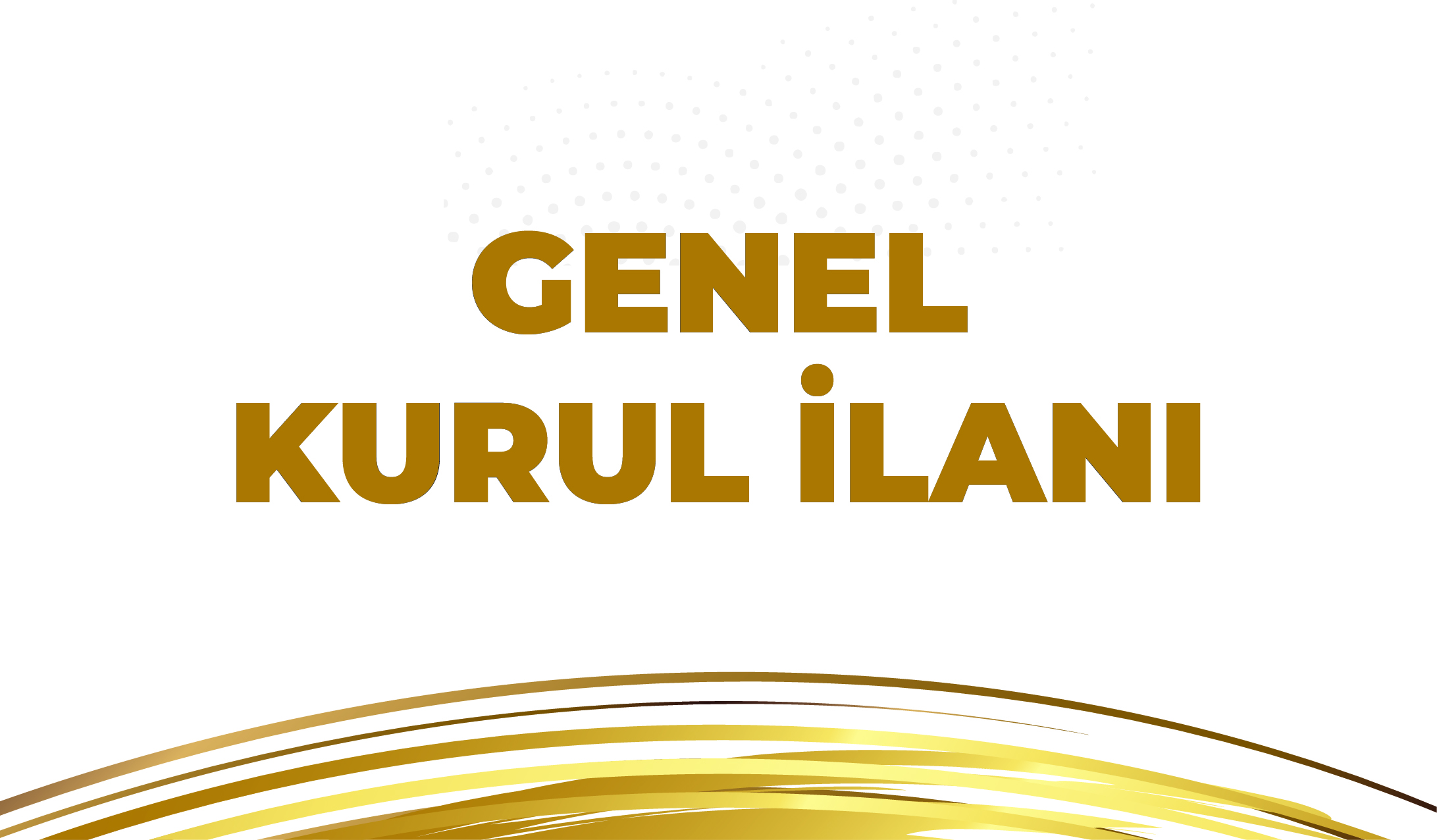
KONGRE İLANI
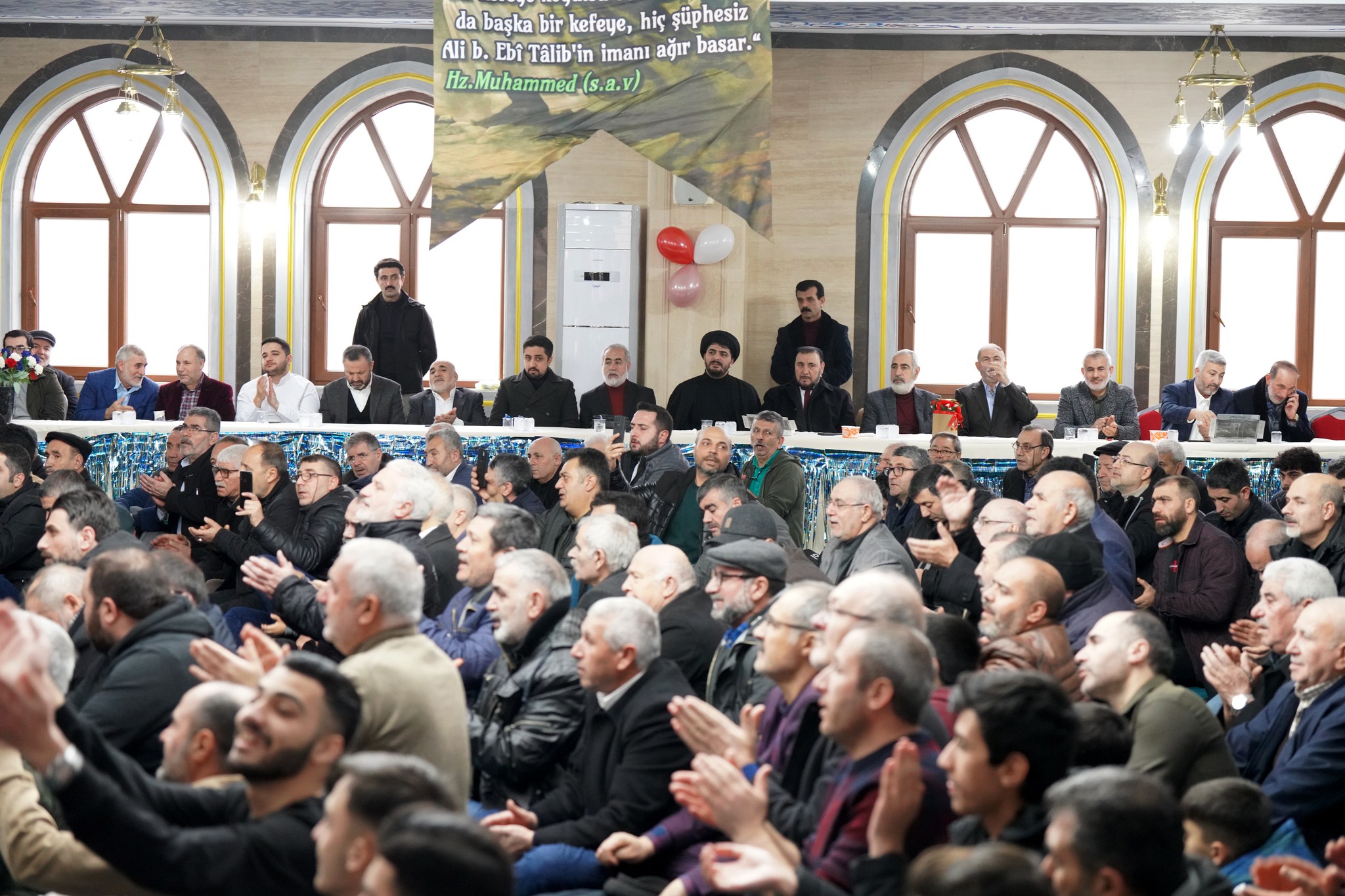
Şah-ı Velayet İmam Ali’ye (a.s) Bağcılar'da Sevgi Seli
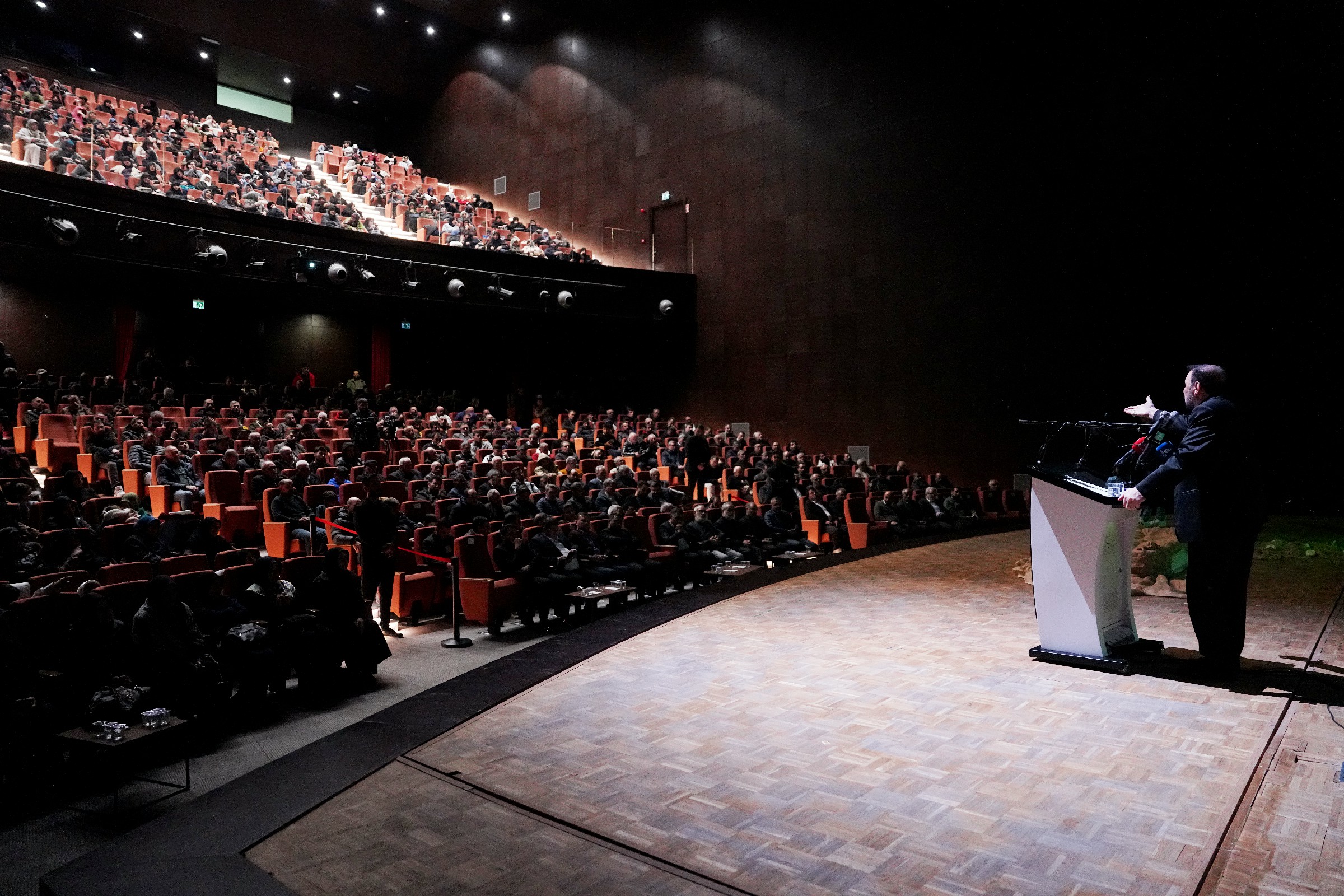
Hz. Fatıma (s.a) Arnavutköy’de Anıldı
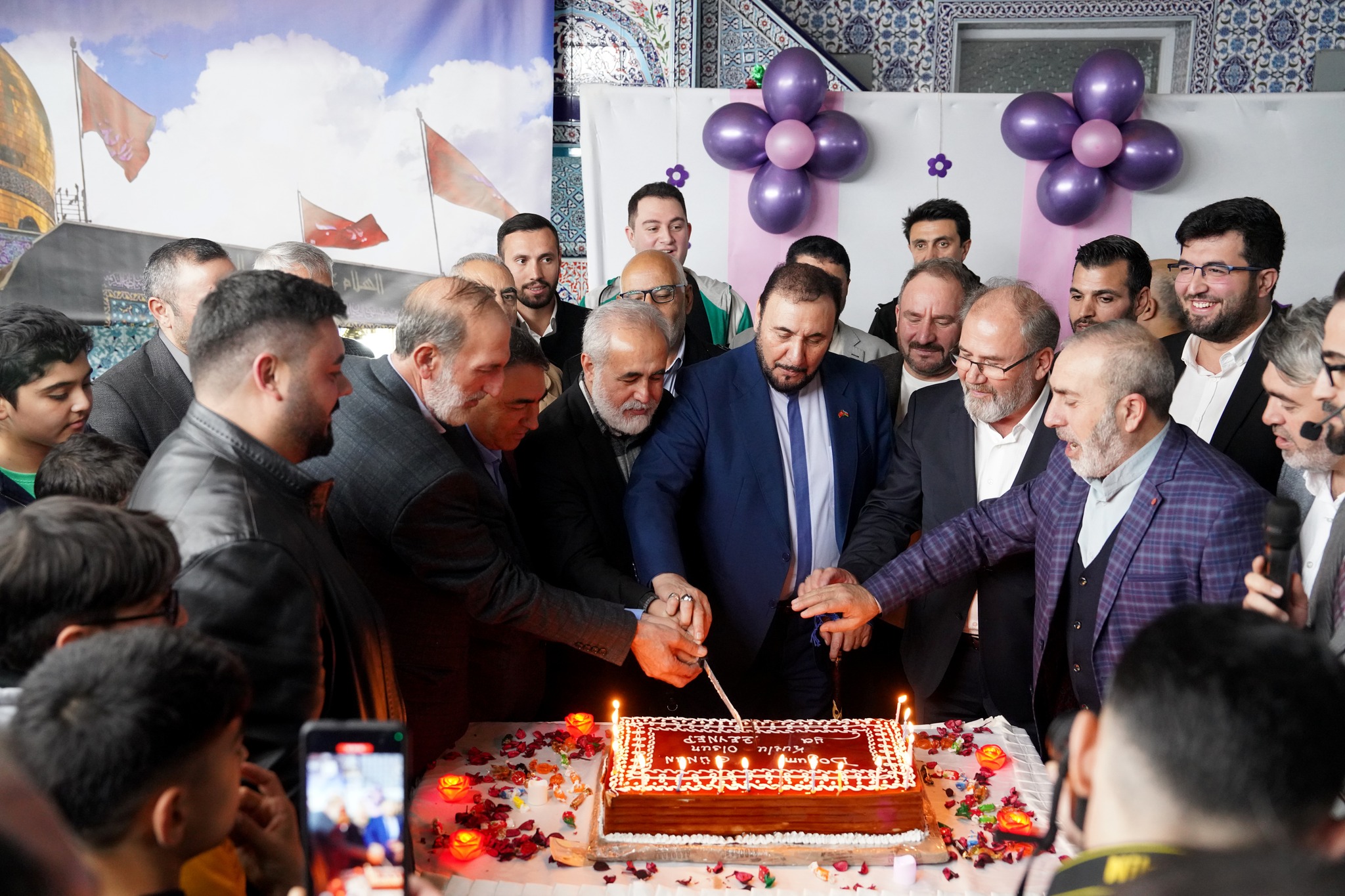
Hz. Zeyneb'in (s.a) Viladeti Coşkuyla Kutlandı
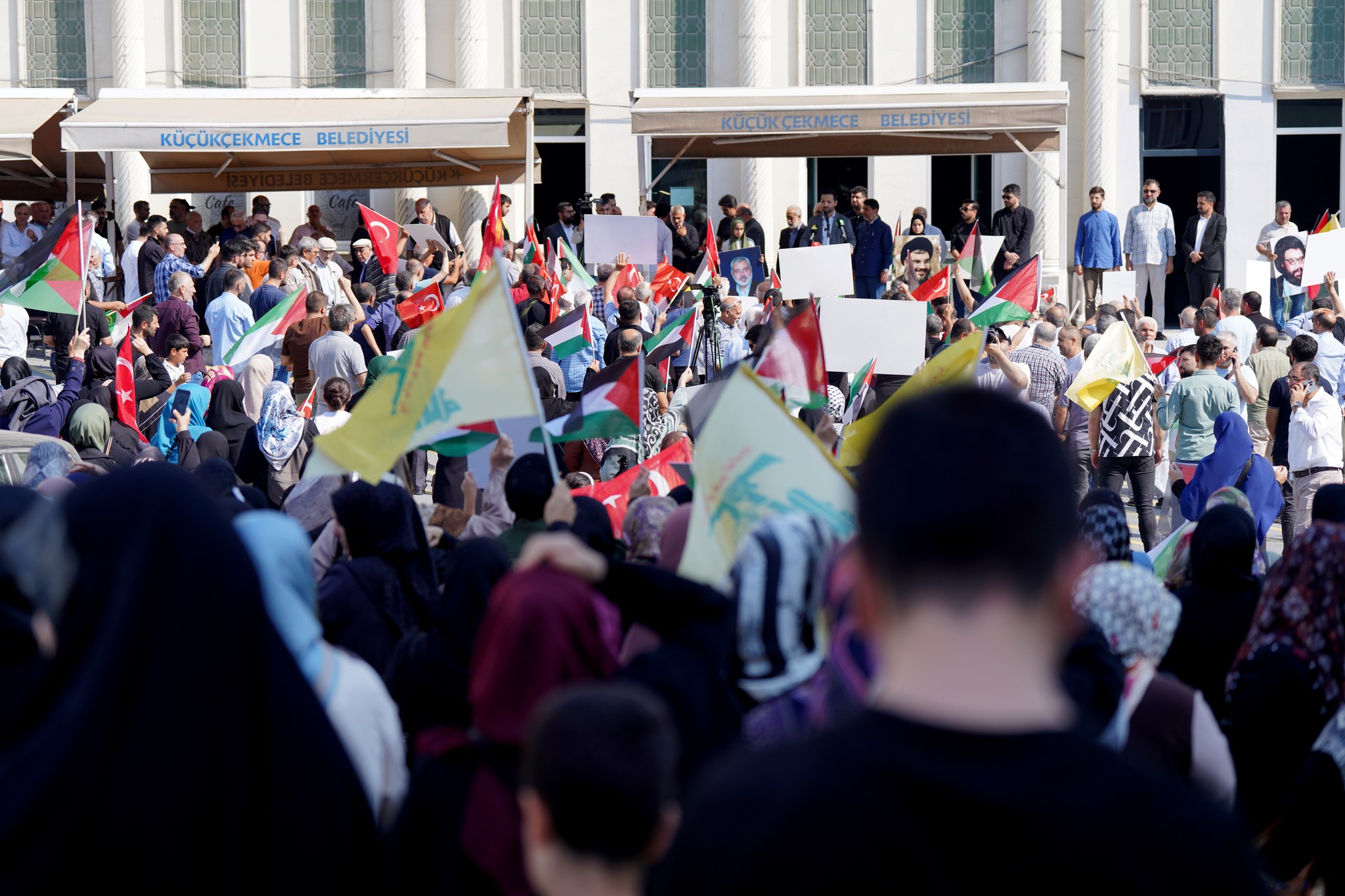
Zeynebiye’de Direnişe Destek İsrail’i Tel’in Mitingi

Nasrallah’a Yapılan Alçak Saldırı İstanbul’da Protesto Edildi
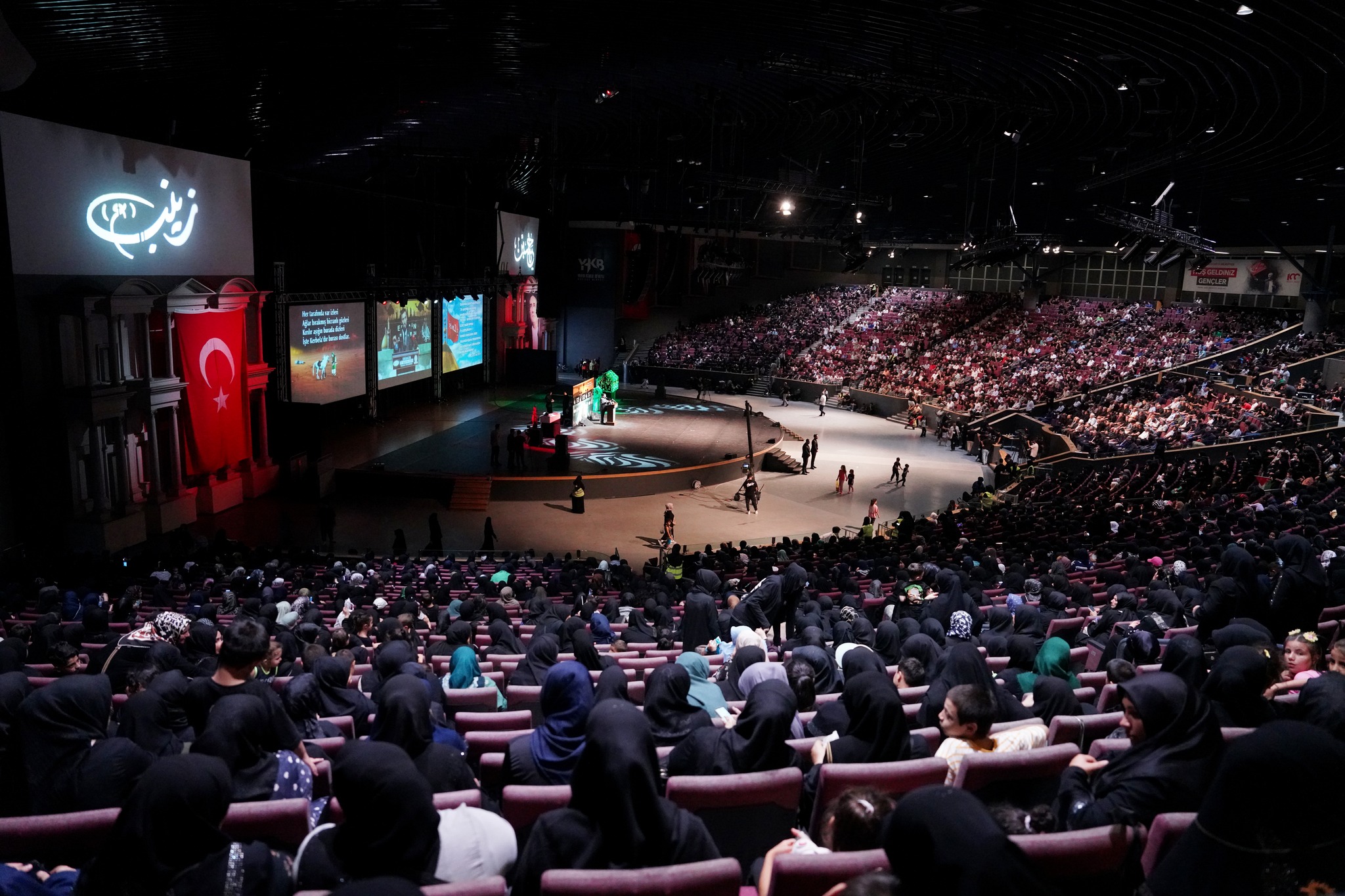
On Binler Halkalı'da Erbain Merasimi’ne Katıldı
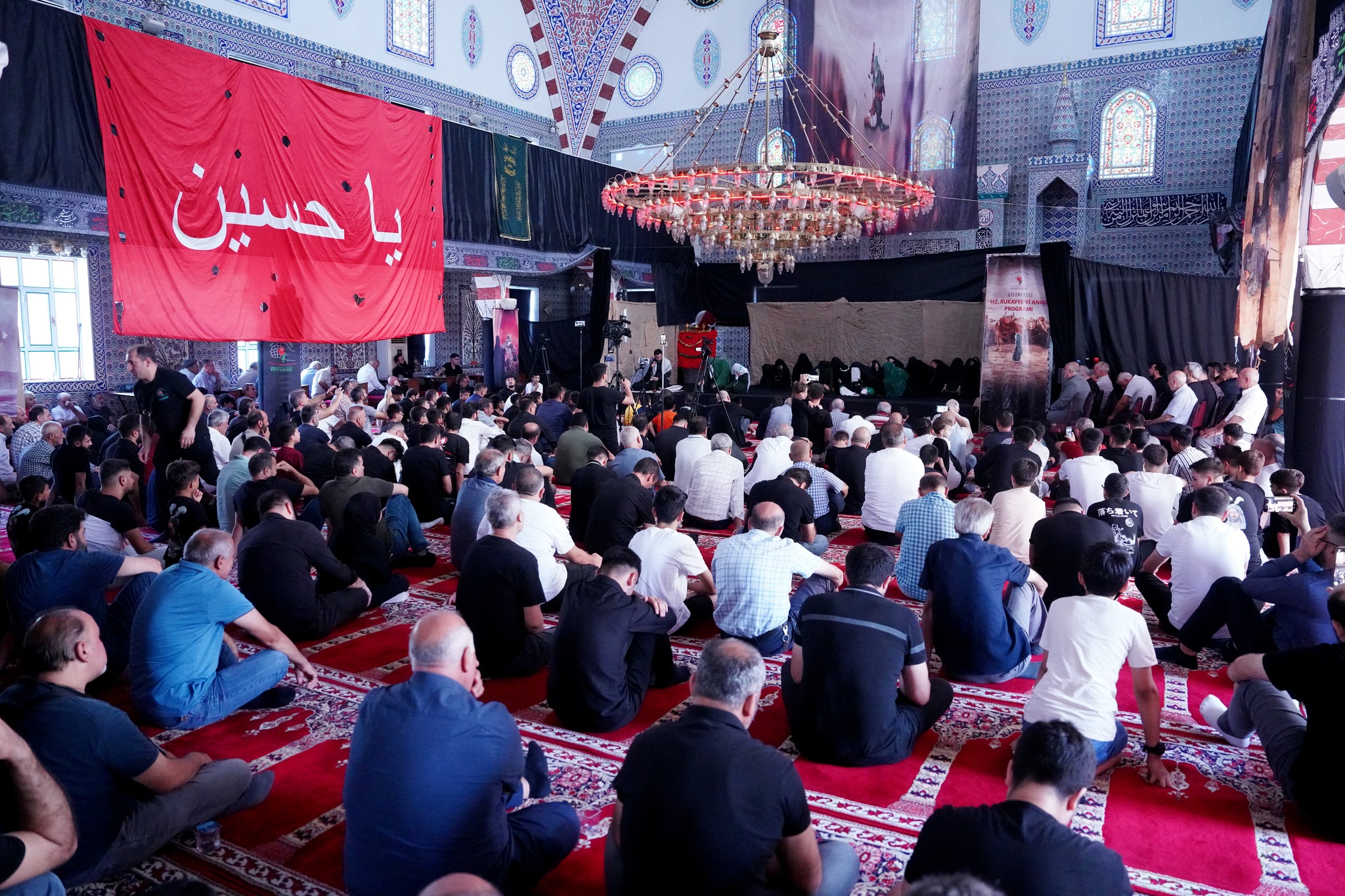
Hz. Rugayye (s.a) İkitelli’de Anıldı
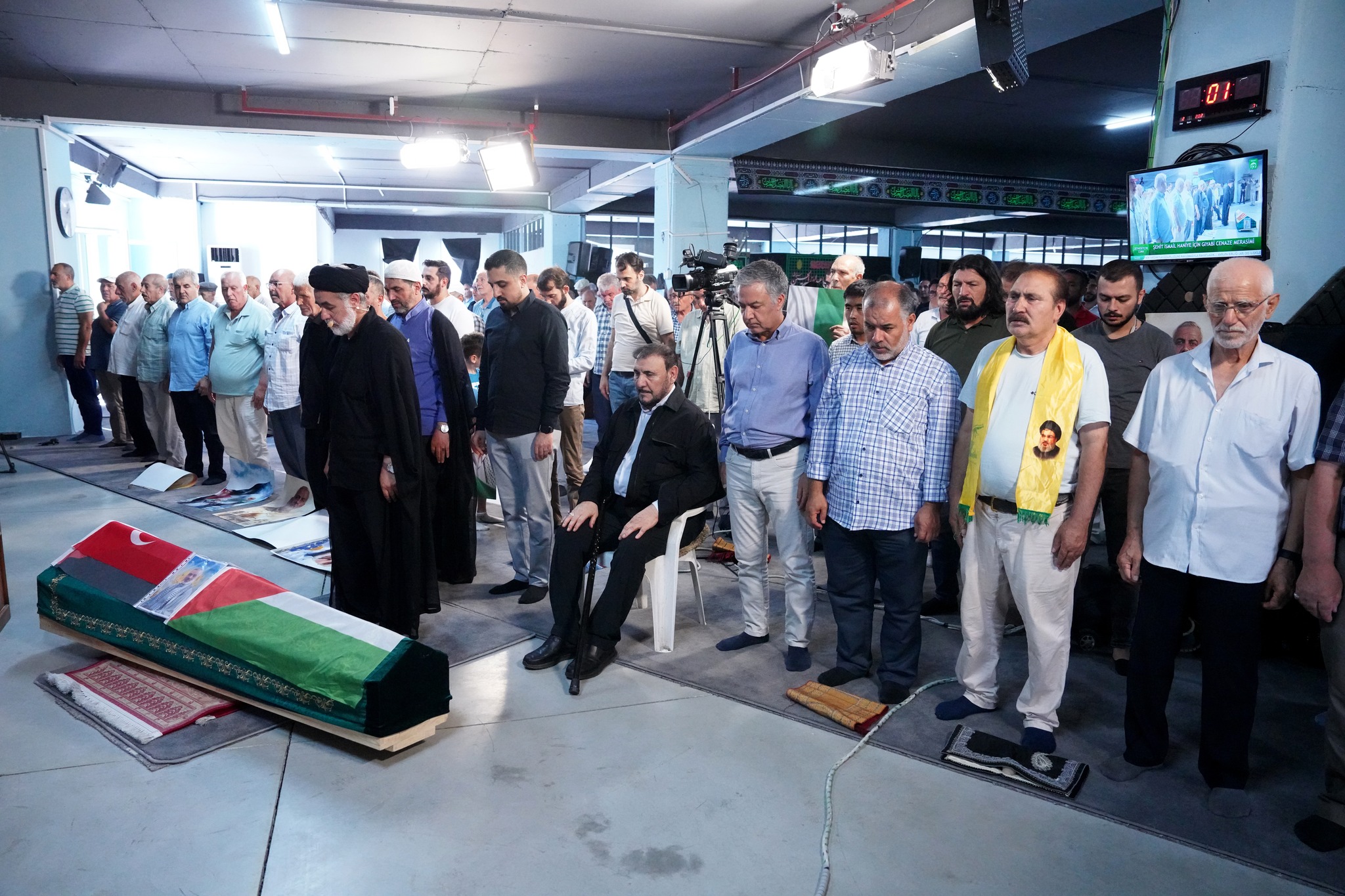
Zeynebiye’de Haniye İçin Gıyabi Cenaze Namazı

Özgündüz, Bu Saldırı Terör Devletine Göre Bir Eylemdir

Zeynebiye’de İmam Hüseyin'in (a.s) Şehadetinin İkinci Günü

Zeynebiye'de Şâm-ı Gariban!

Yüzbinler Halkalı’da Hz.Hüseyin'e (a.s) Lebbeyk Dedi

Zeynebiye'de 9 Muharrem!

Zeynebiye'de 8 Muharrem!

